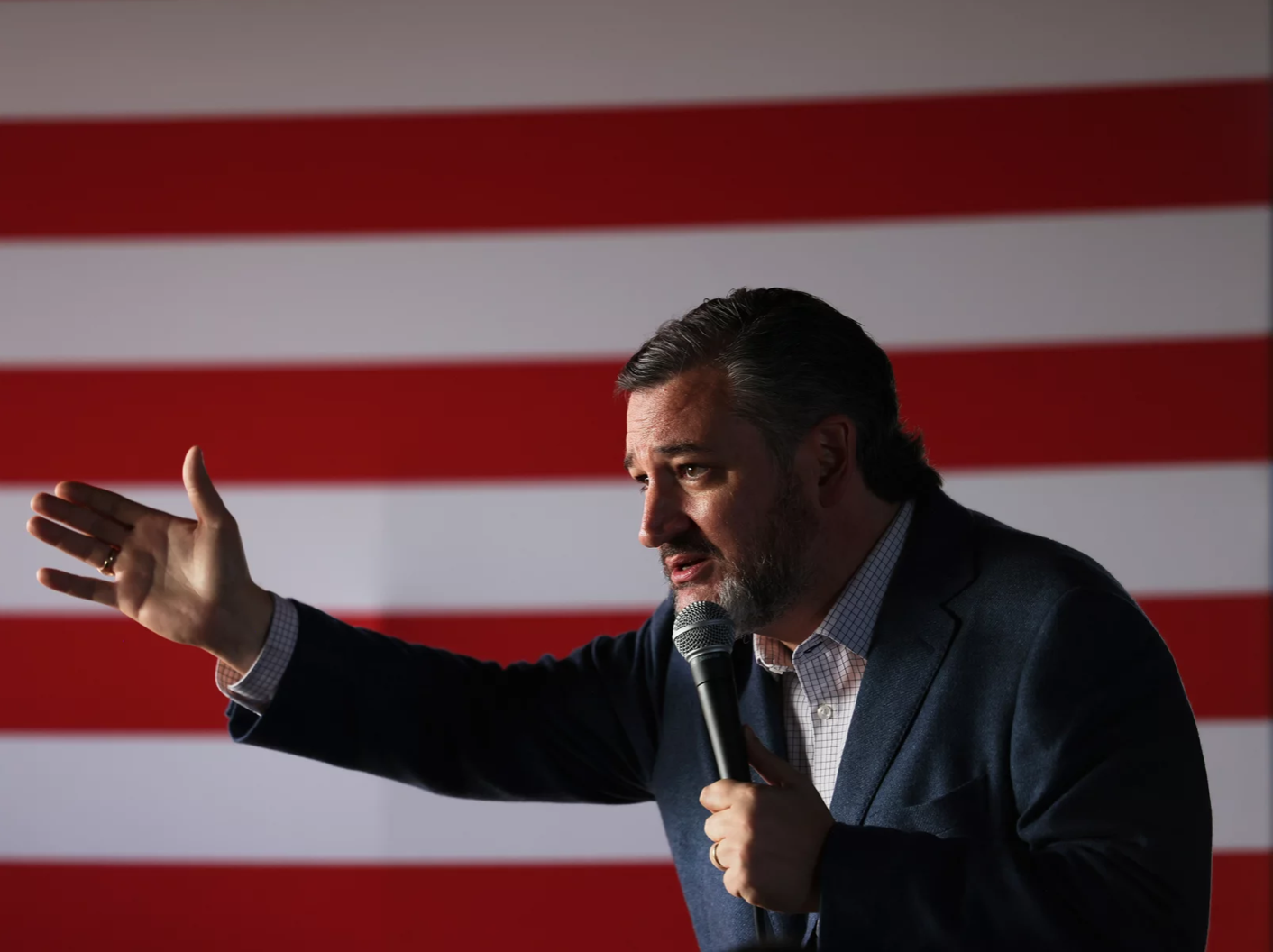
The U.S. Supreme Court's conservative majority sided with Republican Sen. Ted Cruz on Monday, ruling that a federal ban on outsiders repaying a candidate's campaign loan to himself after an election violates the constitutional guarantee of free speech.
The vote was 6-to-3, with Chief Justice John Roberts writing the majority opinion.
Cruz challenged a federal law that has been on the books for 20 years. It bars federal candidates from raising more than $250,000 after an election to repay loans that the candidate made to his own campaign.
Roberts' majority opinion pointed to previous decisions holding that the First Amendment guarantee of free speech safeguards the ability of a candidate to use personal funds to finance his own campaign. Those personal funds, Roberts said, include a bank loan guaranteed by the candidate. To put a limit on money raised to repay such a personal loan after an election, Roberts said, would burden a candidate's core political speech.
'A continuing pattern of extreme hostility'
Campaign reform advocate Fred Wertheimer, president of Democracy 21, reacted with dismay, asserting that, "the money is going directly into the pocket of the officeholder, so its not really a campaign contribution, it's a financial gift."
Monday's decision, he said, represents "a continuing pattern of extreme hostility by the Supreme Court ever since Chief Justice Roberts came on the Court. They have really tilted the system to the very wealthy in this country."
But Roberts, addressing fears of influence peddling, said, "influence and access embody a central feature of democracy--that constituents support candidates who share their beliefs and interests, and candidates who are elected can be expected to be responsive to those concerns."
In dissent, Justice Elena Kagan, writing for the court's three liberals, accused the majority of "greenlight[ing] all the sordid bargains" that Congress had tried to stop. Now, once again, she said, "the politician, once elected," will be "deeply grateful" to the "wealthy individuals and corporate lobbyists" who pay off the loan, and they, in turn, will receive favorable legislation, maybe prized appointments, and maybe lucrative contracts. The only loser, said Kagan, is the public," which "inevitably suffers from government corruption."











